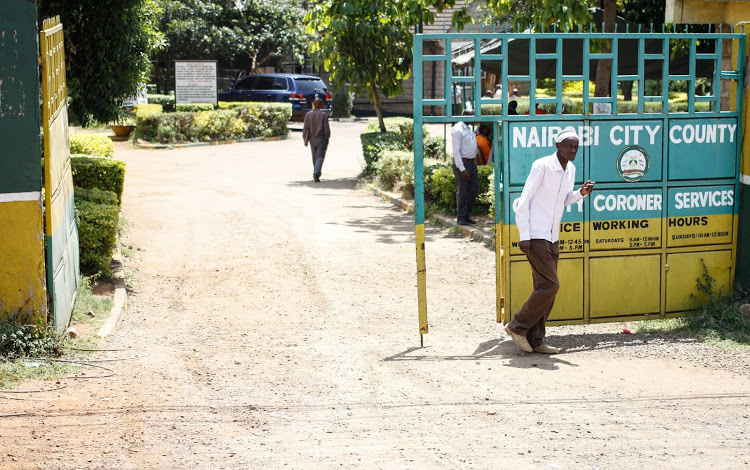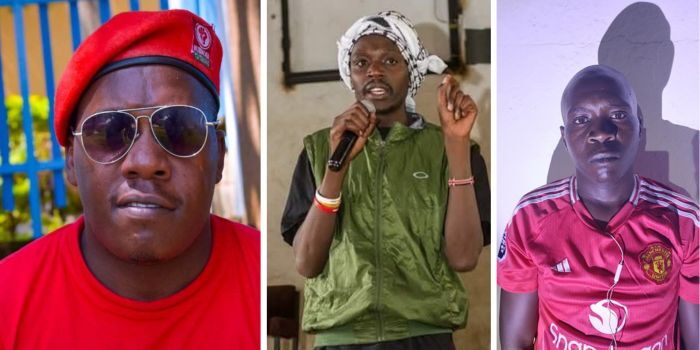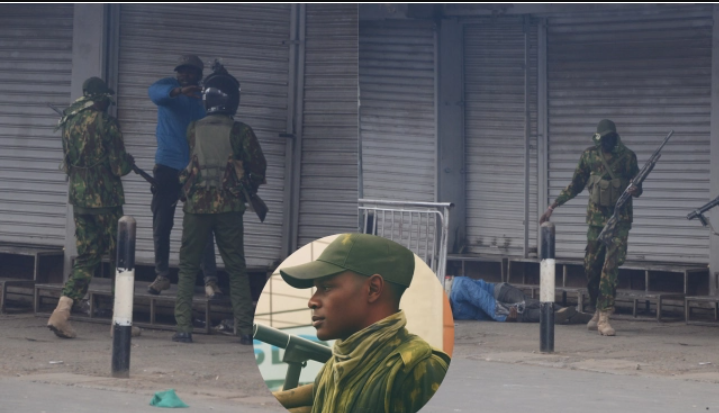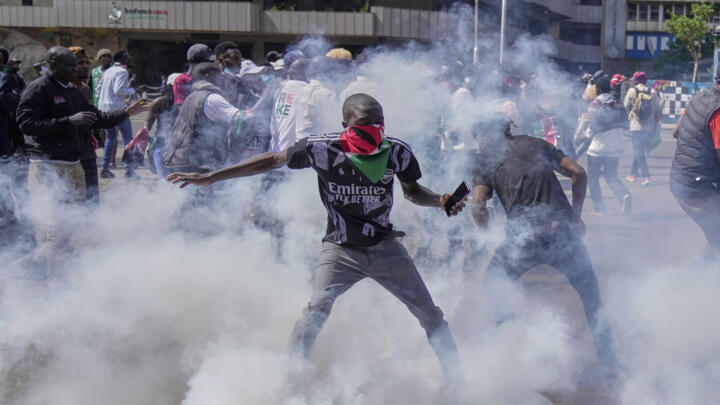Kenyans could soon face up to one year in jail or a Sh100,000 fine for participating in spontaneous demonstrations if a controversial new bill is passed into law. The Assembly and Demonstration Bill, 2024, backed by the government, has reignited fierce public debate just weeks after nationwide Gen Z-led protests swept across the country.
The bill, which aims to overhaul the legal framework governing public assemblies and protests, proposes tougher penalties for individuals who engage in unnotified or unregulated demonstrations, a move critics say could criminalise constitutionally protected rights.
Bill Sparks Outrage Over Threat to Freedom of Assembly
Initially introduced by Public Service Cabinet Secretary Geoffrey Ruku during his tenure as Mbeere North MP, the bill faced public backlash earlier in the year and was shelved. However, it has now resurfaced in the wake of the youth-led maandamano movement, which has drawn thousands of demonstrators to the streets over issues including high taxes, governance concerns, and police brutality.
If passed, the bill would mandate prior notification and approval for all public demonstrations. Spontaneous or unregistered gatherings would be deemed illegal, with participants facing harsh penalties, including fines up to Sh100,000 or imprisonment for 12 months.
Civil rights groups and legal experts have slammed the proposed legislation, warning it could be used to suppress dissent and stifle free expression.
“This is an attack on democracy. The right to assemble is protected under Article 37 of the Constitution. Criminalising unplanned protests, especially in moments of national crisis, sets a dangerous precedent,” said a lawyer from the Law Society of Kenya.
President Ruto: We Must Balance Rights
Speaking on the matter, President William Ruto confirmed his support for regulating public protests and signaled plans to engage with the Judiciary and Parliament to shape the legislation.
“We will have a conversation with the Judiciary and all other actors—MPs included. I think it is time we have a law that will regulate how we carry out demonstrations in Kenya,” Ruto stated.
“We must protect the right of those who want to demonstrate, picket, and protest—but equally, we must also protect the right of those who don’t want to participate in demonstrations.”
His comments have drawn mixed reactions, with some citizens applauding the move as a way to curb violence and protect public property, while others view it as a thinly veiled attempt to muzzle protest movements, particularly those led by frustrated youth.
Growing Fears of Authoritarian Drift
The reintroduction of the bill comes at a time when the country is still reeling from the aftermath of the June 25 protests, during which at least 19 people were killed and hundreds injured, according to human rights watchdogs. Allegations of excessive police force, enforced disappearances, and sexual violence remain under investigation.
Activists warn that such legislation could embolden further state overreach, especially as the government faces increasing scrutiny from both domestic and international observers.
Online, hashtags like #RejectTheBill, #RightToProtest, and #StopSilencingYouth continue to trend, signaling growing public resistance to the proposed restrictions.
As Parliament prepares to debate the bill, all eyes remain on Kenya’s lawmakers—and on the thousands of young people ready to defend their right to be heard.






